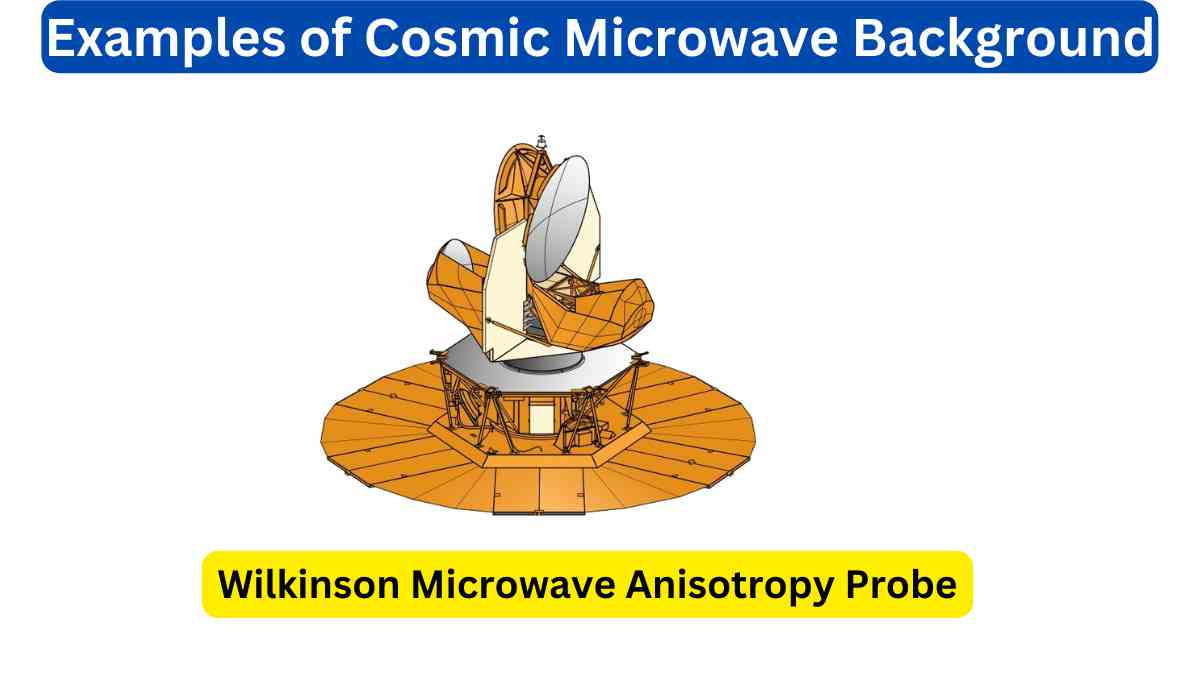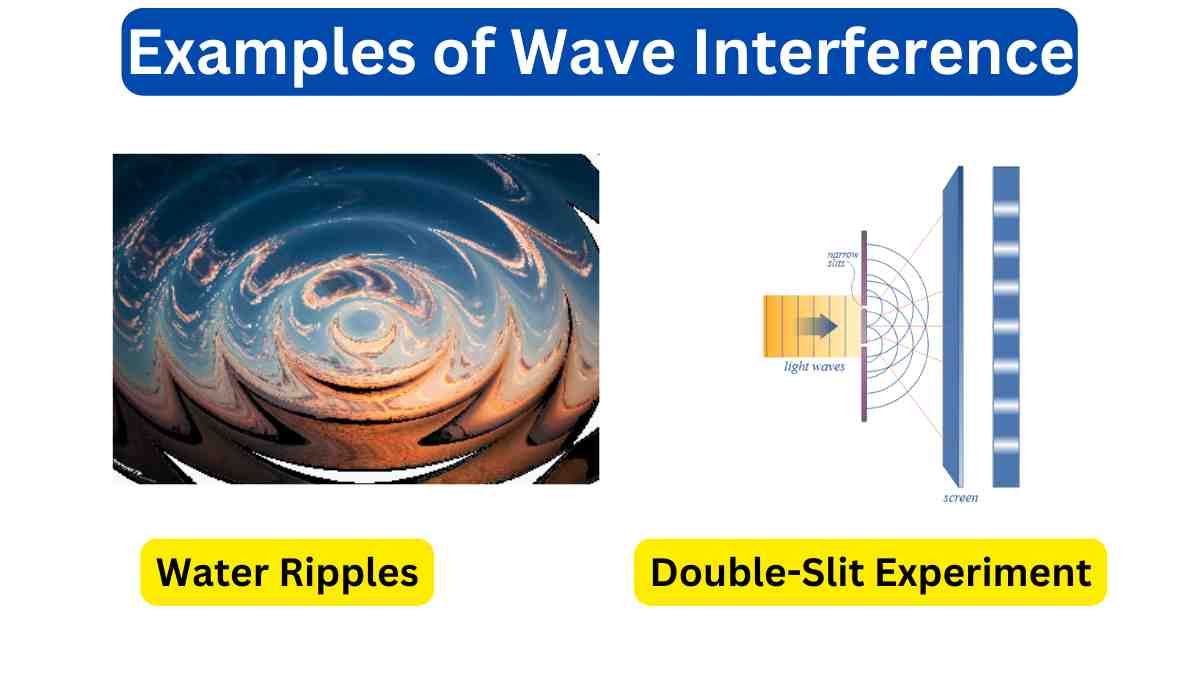10 Example of Hawking Radiation
Hawking radiation is a theoretical prediction made by physicist Stephen Hawking in 1974. It suggests that black holes are not completely black but can emit tiny amounts of thermal radiation due to quantum effects near the event horizon. Examples of hawking radiation include black hole evaporation and Cosmic microwave background.
Example of Hawking Radiation
Here are ten examples of Hawking radiation.

1. Black Hole Evaporation
Hawking radiation is the mechanism by which black holes can gradually lose mass and eventually “evaporate” over time. This is a fundamental prediction of Hawking’s theory.
2. Virtual Particle-Antiparticle Pairs
Hawking radiation arises from the quantum phenomenon of particle-antiparticle pairs spontaneously appearing near a black hole’s event horizon. One particle falls into the black hole while the other escapes, resulting in radiation.
3. Temperature of Black Holes
Hawking radiation implies that black holes have a temperature inversely proportional to their mass. Smaller black holes emit more Hawking radiation and have higher temperatures.
4. Black Hole Information Paradox
Hawking radiation raises questions about the fate of information that falls into a black hole. This has led to the famous “black hole information paradox,” which remains a topic of intense debate in physics.
5. Cosmic Microwave Background
Primordial black holes that formed shortly after the Big Bang could have evaporated by now, potentially contributing to the cosmic microwave background radiation observed throughout the universe.
6. Observational Challenges
Detecting Hawking radiation directly is extremely challenging due to its very low energy and temperature. Current technology is not sensitive enough to observe it in practice.
7. Black Hole Stability
Hawking radiation has implications for black hole stability. As a black hole loses mass through radiation, it may reach a point where it no longer emits Hawking radiation, stabilizing at a minimum mass.
8. Information Paradox Resolutions
Various proposals have been put forward to resolve the black hole information paradox, including the idea that information is encoded in Hawking radiation or that black holes may not fully evaporate.
9. Mini Black Holes
If small, primordial black holes exist, Hawking radiation could be their primary means of detection. Efforts to find these mini black holes are ongoing.
10. Implications for the Universe
Hawking radiation has profound implications for the overall structure and evolution of the universe. It challenges our understanding of the behavior of matter and energy in extreme conditions near black holes.
Hawking radiation remains one of the most intriguing and challenging concepts in theoretical physics, bridging the gap between quantum mechanics and general relativity while reshaping our understanding of black holes and the universe.

 written by
written by 





Leave a Reply